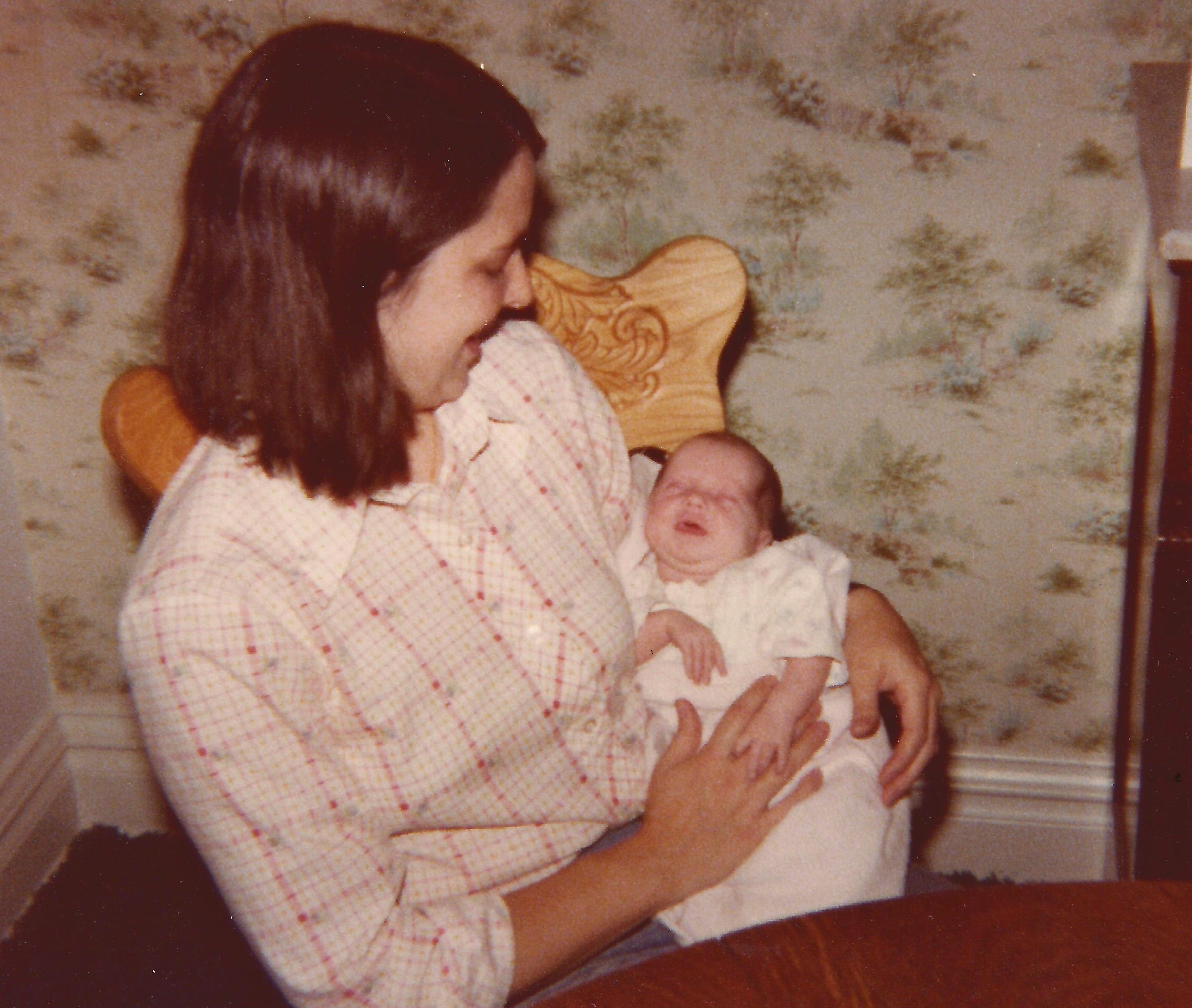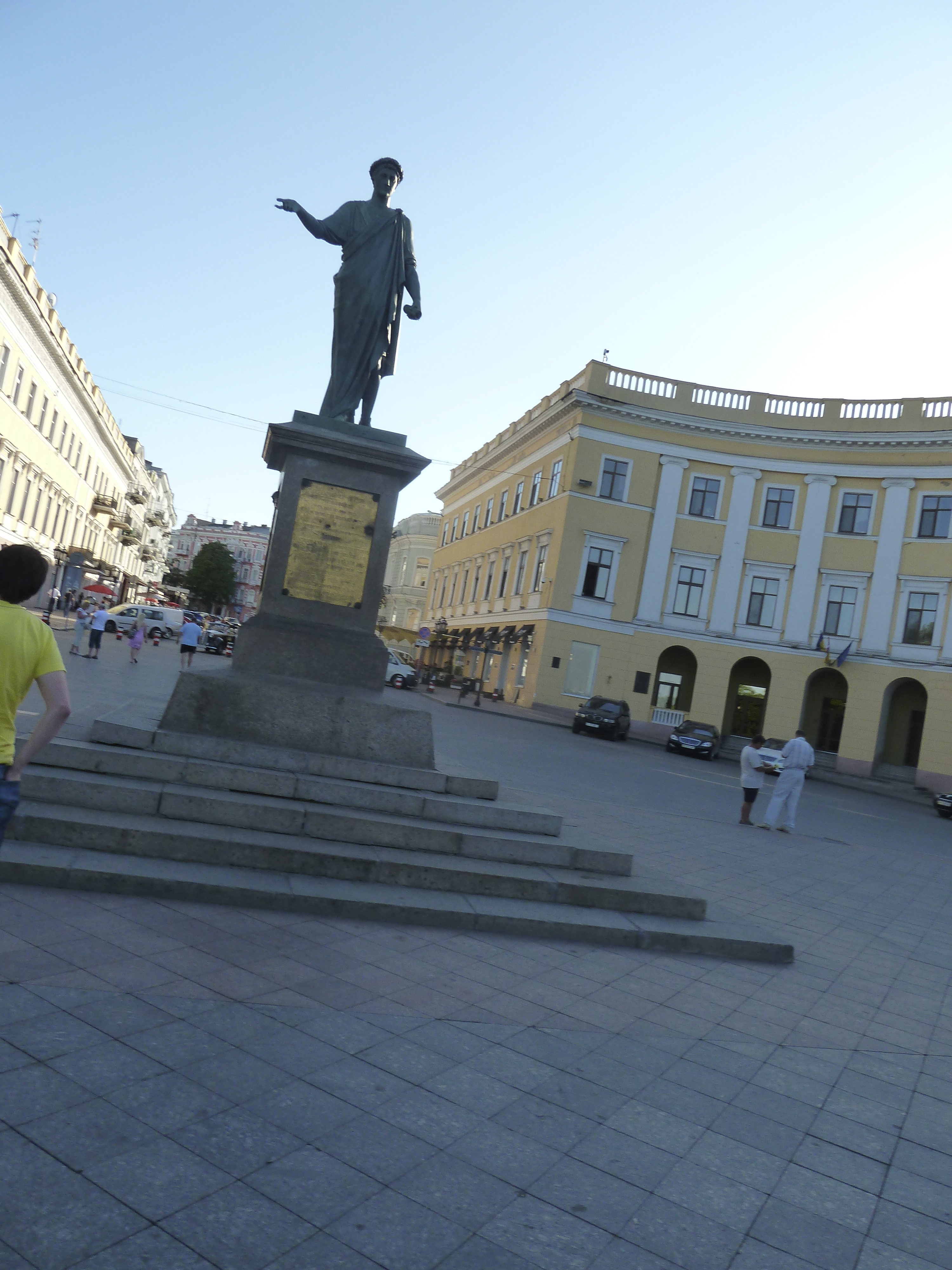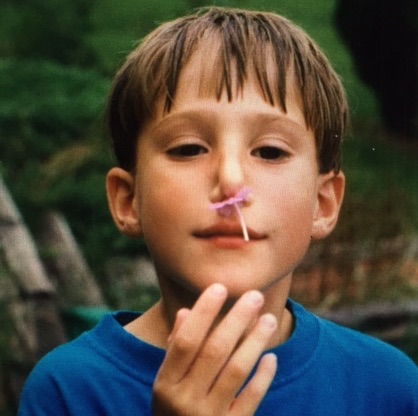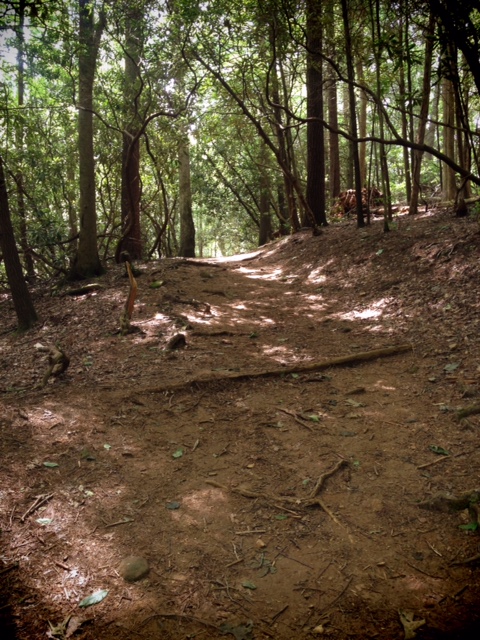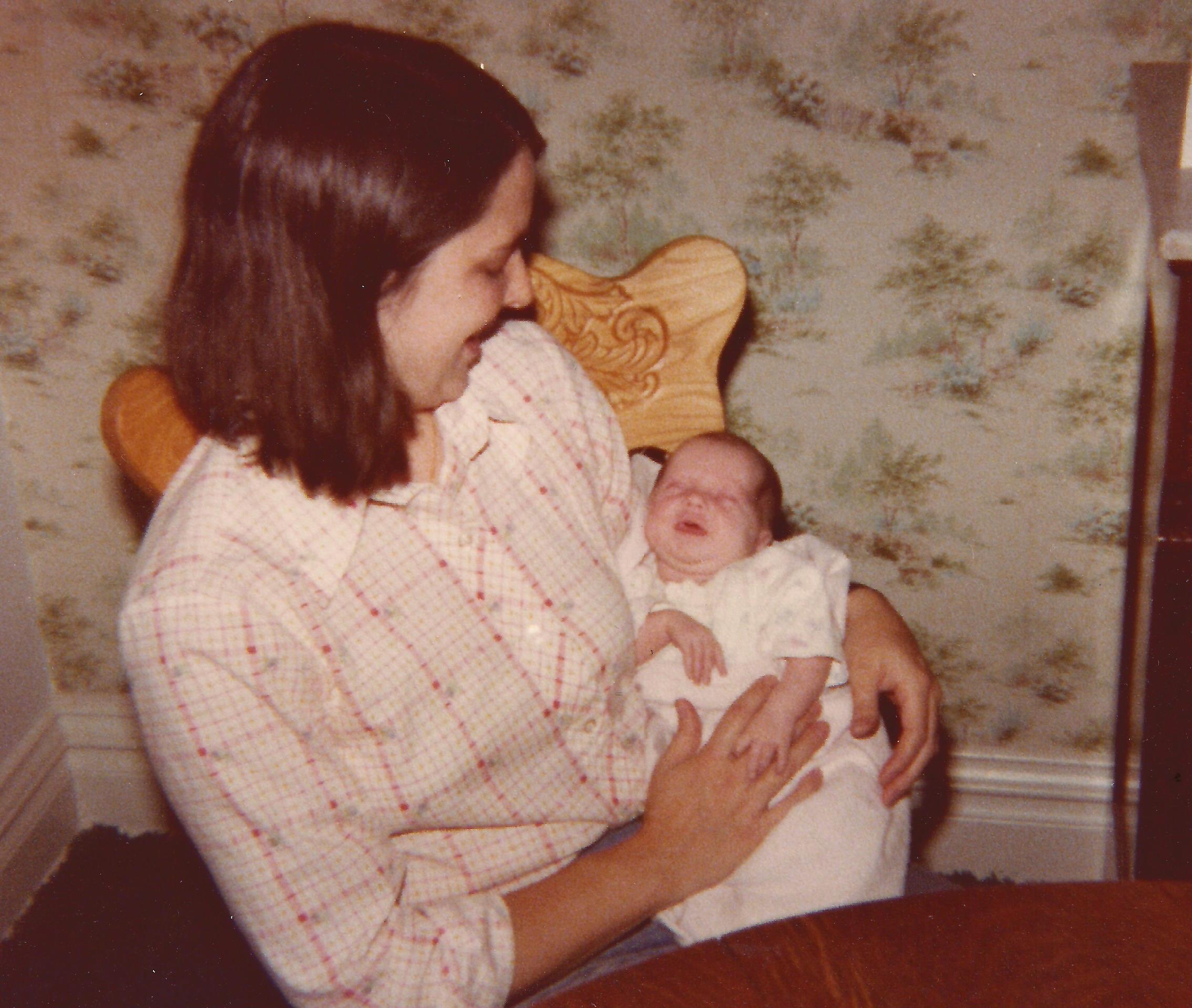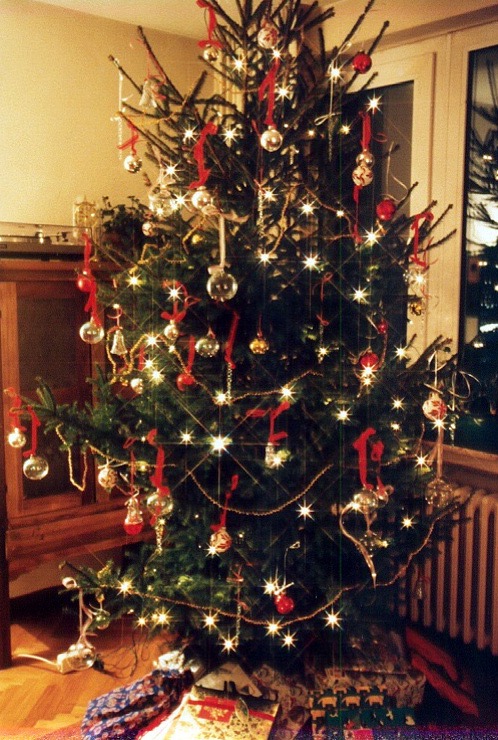Our second child, Loretta, came into this world on a dry August day in 1978, about three months after my husband and I arrived in Minnesota, where he was starting a new job as an assistant professor of Spanish at the University. We’d moved from New Orleans at the end of the previous school year, where he had not been given tenure at Tulane.
A few days before we left, as if to shoo us on our way, the city experienced one of the worst rainstorms it had ever seen before Katrina—over twenty inches of rain in less than 24 hours. Jimmy carried four-year-old Charlotte out of her flooded nursery school on his shoulders, struggling for blocks through waters chest high to bring her home. One of her red rubber, Snoopy rain boots disappeared somewhere along Esplanade Avenue. The streets were still puddled when my mother, Charlotte and I set off on a three day drive north along the winding Mississippi River to a spot not far from the Great Muddy’s source in Minnesota.
But in Duluth, some 1,400 miles to the north, the air was clean, the skies blue. Known variously as the “Zenith City,” and the San Francisco of the Midwest, Duluth was perched on the hills that marked Lake Superior’s northwestern shore. We bought a small, two-story house with white clapboard, red trim and a big front porch. It sat high on a hill facing south, toward Lake Superior. We were too far away to see the lake except through the upstairs windows. Actually, we would be able to see it only in winter, when the trees were bare, but we could imagine it there, shimmering. Jimmy was optimistic about this new job, in good spirits. We were settled in a few weeks before the new baby’s expected arrival.
One evening, after a day wrestling with cardboard boxes and old newspaper wrapping paper, Charlotte tucked into bed, Jimmy and I were watching TV when I felt the baby kick. “You’re okay with not having this one baptized, right?” I asked, one hand caressing my moving belly. By the time this second baby would be born, it would be over ten years since either Jimmy or I had been to Mass.
I grew up Irish Catholic—not just Mass-on-Sunday Catholic, but grace-before-meals, crucifix-in-every-room, guardian-angels-and-patron-saints Catholic. My husband came from the Italian-American version of all that. So when our first child, Charlotte, was born, we had agreed to take her to his sister’s parish to be baptized, even though neither of us attended church anymore. The ritual seemed to mean a great deal to the families, if not to us. I thought it was harmless enough—a splash of water, a dab of oil. Besides, we enjoyed the family get-together afterwards, and I kind of liked the idea of naming two people to be godparents—a child can never have too many adults who care for them.
In the five years since Charlotte was born, however, we had both grown even further away from our religious roots and felt like a baptism would be hypocritical. Burning bushes and Moses in the rushes, virgin births and a bloody corpse hanging from a cross…what did any of it have to do with anyone in the 20th century? A baptism just didn’t feel right anymore. The thought of trying to find a Catholic church for the service seemed absurd. We didn’t even know where the nearest Catholic church was, much less belong to a parish.
“No,” Jimmy said without hesitation. “I don’t want to. Let’s face it, we’re not Catholics anymore.” But then he softened a little. “Are you okay with that?” he asked. “I suppose it wouldn’t hurt, if it’s important to you.”
“No. She or he can be our pagan child,” I laughed, remembering the “pagan babies” we used to pray for in Catholic elementary school and imagining a counter to that—a magical child of the enlightened, post-religious future I was sure was coming.
“Now if there was a Buddhist ceremony we could find…” Jimmy joked.
And that was that. We didn’t give it another thought. Our living room and Jimmy’s study were piled with books on culture and myth by the likes of Bruno Bettelheim and Sigmund Freud, Joseph Campbell and Edith Hamilton. I’d studied many of the old myths in graduate literature classes and knew how the stories filled a need for pride and certainty in the lives of our ancestors. Wasn’t it all just an attempt to impose order on chaos? Didn’t it all evolve from a fear of death? Christianity and Judaism seemed like just the latest examples of the same old stories, and cruel and depressing versions, at that.
Over the next few weeks, I continued to thrash our decision about in my mind from time to time. If there was a god, I thought as I put my house in order before the baby’s arrival, I was sure that it wasn’t the anthropomorphic Semitic god of the Christians and Jews. Mostly, though, the old superstitions weren’t even part of my thoughts. I guess this is what I believed: there may be some prime mover who put the big bang in motion. But a god who listens to requests for my team to win the World Series? Not likely. My prime mover was unlikely to send some child off into Limbo for all eternity because her parents chose not to have her baptized.
After Loretta came into the world by Caesarian delivery on that dry August day, I found myself awash in gauze pads and swollen breasts. With my husband off to his new job and me barely able to get out of bed, one of my sisters flew in to look after five-year-old Charlotte and me. She could stay only a week, though; she had to leave for her junior year at Trinity College in D.C. She was enthusiastically behind the non-baptism decision, though, and apologetic she couldn’t stay longer.
“Don’t worry,” I assured her. “My girls and I will get along fine.” With the long summer days of this northern place, Loretta seemed a child of the sun. She was a sweet baby, cooing and chirping happily as if thrilled to be alive.
We swung into fall at full throttle. Jimmy had his classes to teach. I had my children to look after, new friends I hoped to get to know, and dinner to fix to the accompaniment of Garrison Keillor on the radio. I was also busy preparing for my classes in the MBA program I started that fall at the university. Charlotte began school in September and was assigned to the afternoon kindergarten. She was growing up. And I felt great, if a little weak, and full of optimism.
On golden mornings that fall, after Jimmy had left for the day, I’d sit out on the sun-warmed, red porch steps holding Loretta wrapped in her receiving blanket. Charlotte would laugh and roll down the hill in front of our house in the crackling piles of red and yellow leaves. When the school bus stopped for her at the foot of our driveway, she’d hop on and be whisked away in a cloud of grinding gears and diesel fumes, with barely even a wave back to me. And before you know it, there we were, Loretta and me, home alone in our still-strange house.
Decades before cell phones and cheap long distance phone plans, we hardly even spoke with our families. Both sets of Catholic grandparents lived in New York State, three states and two Great Lakes to the east. I was the second of ten children, and my parents were busy with my many younger siblings, especially my teenage brother, who had suffered a psychotic breakdown. Jimmy’s family, meanwhile, was dealing with his mother’s recently diagnosed diabetes. So with little or no reaction, our decision not to baptize Loretta went untested. No angry phone calls from Jimmy’s father or long-winded letters from mine.
*
One breezy, sunny October day, Charlotte safely delivered to her school bus, Loretta in my arms, I paced around the house, looking out at piles of leaves swirling about the lawn. The north wind whistled and rattled the old windows, and slender birches bent and swayed in the wind. After three years of living in New Orleans, it felt like winter was rolling in very early. A long, deep blast sounded from a freighter out on Lake Superior, probably approaching Duluth harbor. The northern sun, low on the horizon, beamed through the bare branches of the birch trees in our side yard, warming long oblongs on the living room’s blue shag carpet. I could feel the warmth through my socks.
When Loretta fell asleep, I lay her in her little plastic, cartoon-embellished bassinet and sat near her in the old bentwood oak rocker we had found at a flea market. Jimmy had spent hours refinishing it and it still smelled of linseed oil. The furnace fan clicked and hummed. I rocked back and forth, watching Loretta sleep, snug in her pink and blue receiving blankets, one fist at her mouth, the other stretched out like a fencer. And suddenly, I was crying.
I jumped up, picked her up again and held her close, smelling her little baby smells of talcum powder and baby shampoo. Salty tears dripped down my face, landing on her peach fuzz head. I kept thinking, What if I’m wrong?
What if there is a God? What if God will not let her into heaven? What if living outside the State of Grace that would come to her from a baptism hurts her in some way? Charlotte, Jimmy, and I were baptized; my parents, his parents, our brothers and sisters… Would we move on to heaven without her?
Warm socks, talcum powder, bare trees, tears. I paced back and forth with her in the walk-jiggle-sway familiar to any mother. What can anyone know for sure? A baby will be born when it is her time. Some people go crazy for no apparent reason. It will rain in New Orleans. The earth in Duluth will freeze to a depth of six feet.
Finally, I carried Loretta into the kitchen. Outside the window, five cords of wood almost filled the cement patio, waited to be split and stacked. The crab apple tree had lost all its leaves, but a few tiny, gnarled bits of fruit still clung to the branches. I stood at the sink, staring out at a hillside that would soon be covered with deep snow. Breakfast dishes sat on the counter, accounting textbooks on the kitchen table. There was a whiff of stale coffee and toast.
Then, one arm holding my daughter, with the other hand I was adjusting the faucets, running the hot and cold water to get a lukewarm mix.
Water, water, so much water. Rising rivers, flooding streets, tears on my cheeks, my water breaking...
I captured a few drops in my palm and let them dribble onto Loretta’s forehead. Some trickled into her eyes and mouth and she startled, her arms flailing. “I baptize thee in the name of the Father, the Son and the Holy Ghost,” I said aloud, repeating the words that Sister Joseph Marie had said any baptized person could use to baptize another.
I made soothing noises and brushed Loretta’s cheek, and she relaxed and wrapped my finger in her tiny hand. The house was quiet; just the faint rattle of the furnace fan, blowing warm air through the heat registers. I no longer saw dishes or cabinets. I was aware of only our fingers, the water, and Loretta. And then I looked down into her now-open eyes, as deep and dark as the earth.
I don’t know how long I stood there. A minute, ten minutes? Lost in those dark eyes. The house quiet. Finally I took a deep breath. I became aware of the clock ticking and traffic going by outside, the wind whistling through the birches. Loretta smiled at me and wriggled. I smiled back. My daughter. Saved.
*
I never told Jimmy what I did that day. I felt embarrassed. Once the urgency of the moment had passed, all I could think of was what a superstitious, pointless action it had been. Or worse: I had failed to follow through on my principles. I didn’t tell anyone, including Loretta, for at least twenty years, long after Jimmy and I had divorced.
Katherine Flannery Dering holds an MFA in Creative Writing from Manhattanville College. Her memoir, Shot in the Head, a Sister’s Memoir a Brother’s Struggle (2014), reflects on her brother’s schizophrenia and her role in his care. Her writing has appeared in Inkwell Magazine, The Bedford Record Review, Northwords Press, Sensations Magazine, Pandaloon Press, Poetry Motel, Pink Elephant Magazine, River River, The Manhattanville Review, and Stories from the Couch, an anthology of essays about coping with mental illness. Ms. Flannery Dering also holds a BA from Le Moyne College, an MA in Spanish Literature from SUNY Buffalo, and an MBA from the University of Minnesota. She is working on her second book. “Water and Earth” is an excerpt from that project, tentatively titled A Place for a Lady.
